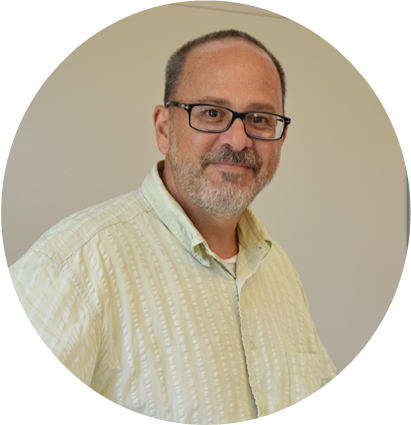Deacon Spotlight: Robert Capizzi
Robert Capizzi (BA 1994 in Economics, MBA 2001 Finance)
Owner/Managing Partner at CapEd Educational Group in Winston-Salem, NC
Tell us about your current job role and employer. What are you currently working on?

Since 1991, the CapEd Educational Group has inspired students in North Carolina’s Piedmont Triad to achieve excellence in academics and standardized college entrance exams. We accomplish this every day by instilling confidence, filling knowledge gaps, and establishing the organizational and learning skills necessary to succeed in an ever intensifying secondary, collegiate, and post-graduate environment. We establish lasting relationships with the students and their families with the mission to ensure that students of all calibers succeed and achieve their personal best from elementary school through college.
What key personal and/or career experiences led you to where you are today?
I grew up a competitive swimmer and naturally gravitated into coaching and developing young swimming talent. While attending RJ Reynolds High School, I coached the Shallowford Lakes Swim Club and later while working on my undergraduate degree at Wake Forest University, was head coach of Westwood Club. These experiences solidified a love of working with young people, and as I progressed through my own education, found a new path of academic coaching. Coaching a student to their personal best has proven to be a very gratifying experience.
What is the most challenging aspect of your job? How do you navigate that challenge?
In a world of instantaneous access to information, CapEd is evolving to provide students with a robust online capability to complement its well established use of one-on-one and in classroom teaching environments. We are utilizing webinars to expand our reach well beyond the Triad and attempting optimize our exposure on social media. Still we strongly believe that learning is best accomplished through interpersonal interaction between student and teacher and do not wish to loose that aspect of our academic model.
What advice would you give to Wake Forest graduates about developing their personal life habits after college (finances, health, values, work/life balance)?
Recognizing “Wise men don’t need advice” I venture the following:
Acknowledging that there are often multiple approaches that may be employed to solve a given problem is a hallmark of critical thinking. While many of my professors at WFU either explicitly or implicitly told us this, the ability to look at a problem and use critical thinking is a foundation of a liberal arts education and the primary idea I wish to get across to all of my students.
My undergraduate experience at Wake Forest College furthermore taught me, I believe, how to learn and gave me the confidence to do the research to understand a problem. My graduate experience at the Wake Forest Babcock Graduate School of Management taught me how to question things I did not know and more importantly, to train me to think about and find the answers.
We know that relationships are important for any kind of development. How do you build and maintain your network?
One is successful through others is both a simple and profound truth. So develop your network and keep them close. Attempt to like the people you work with and take a sincere interest in them. Make an effort to keep up. Not too difficult today with the many social networking tools available to us.
Tell us about your mentoring relationships. What impact have these relationships had on your career and life?
Yes, and I have to give at least three individuals mentor status during my time at Wake Forest. These faculty members allowed me more time in their offices than I probably deserved, but in all honesty, the freedom to meet with faculty to “talk” about literally anything was definitely part of the education and experience:
Dean Billy Hamilton – helped me find purpose at Wake Forest.
Dr. Dolly McPherson, British Literature – taught me how to read more carefully and above all, “to answer the question” when she assigned a writing assignment.
Dr. Anne Boyle – furthered my ability to read, took the extra time I required to remediate my reading skills, and introduced to me the idea of “listening to the author’s voice” in order to understand.
All of their assistance may sound like common sense, but it was the personal interaction that allowed their message and advice to resonate and remain with me.
What’s next for your career? What future goals or plans are you pursuing?
We continue to look for ways to help young people become better students. Whether it is college admissions or graduate school preparation for standardized exams, tutoring or subject remediation, college consulting, or working on courses for credit, we will always aspire to pay it forward – to provide them the leg up they may need to perform at their best. Building standardized exam programs for groups is a goal to improve exam scores for many students. With college admissions getting more competitive and the cost to attend post-secondary institutions rising, the need to prove academic promise is at an all time high.
I would like to add that I applaud Wake Forest for going test-optional back in 2008. Attending the Rethinking Admissions Conference at Wake Forest gave much insight into this issue and how best to evaluate a student’s potential when applying. While no metric is perfect, Wake’s willingness to broaden their scope to allow students to choose to submit scores or not is one example of how they wish to view their students and candidates.
Story published in September 2018. For current updates about Robert, visit his LinkedIn page.
